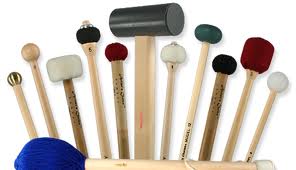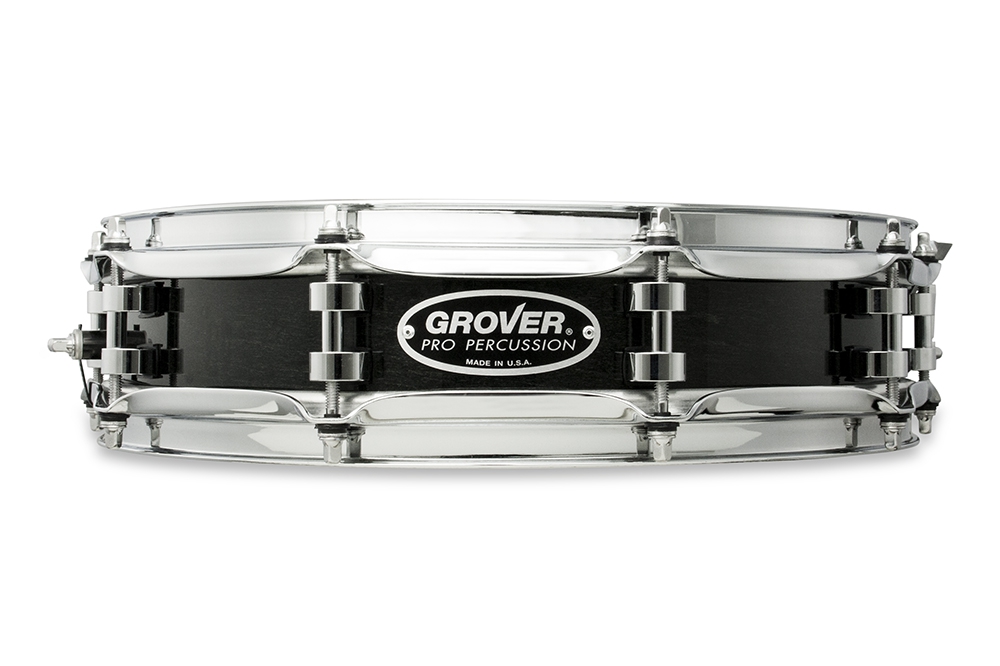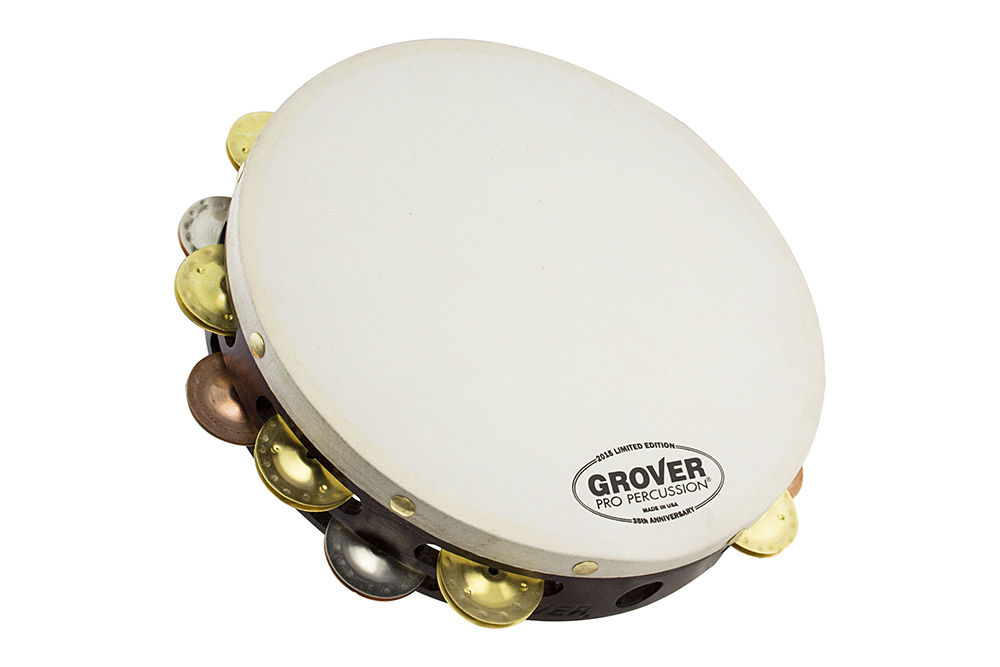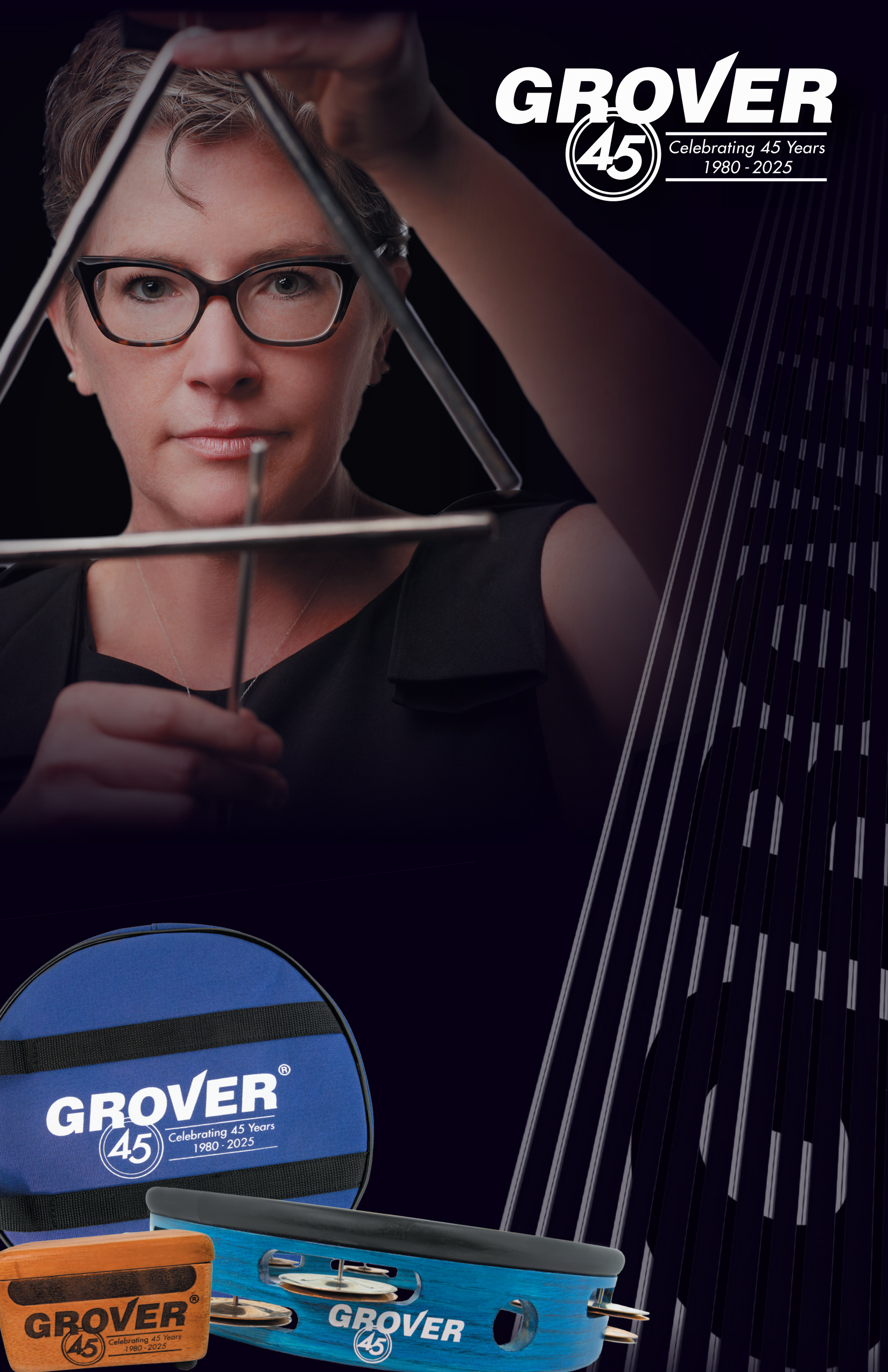When I was preparing to move to China to start my new job with the Wuhan Philharmonic, I had a rather large list of concerns. There were the normal hassles of moving to any city, such as securing an apartment, getting phone and Internet set up, plus navigating a new country! But, the most daunting task was deciding what to pack from approximately 15 years of accumulating gear!
Some decisions were easy: I probably won’t need an assortment of cowbells, definitely do not need to bring my copy of the Blades book (although sometimes I wish I did have it on hand), and my panderio has always been a questionable purchase. Hopefully this list will help you decide what items to bring with you on your first trip to a new country.
Do Bring
Go-to-Mallets”- You absolutely want to have your favorite mallets at hand.
- Xylophone/Glockenspiel- In my experience I have played more glockenspiel and xylophone more than marimba and vibraphone, so some extra attention should be paid here.
- Marimba and Vibraphone- a few sets of your favorite mallets will make you feel more comfortable.
- Timpani-be sure to have a wide assortment of mallets. Just because you have a few pairs of favorite mallets does not necessarily mean they will sound good in different halls
- Primary Instruments- if you know that you will be expected to play a certain instrument more often than others, you should pay a little more attention.
 Snare– you will definitely want a snare drum or two with you. If only to keep one at home to practice when away from the hall.
Snare– you will definitely want a snare drum or two with you. If only to keep one at home to practice when away from the hall.
Cymbals– Different areas of the world have different cymbal preferences. You may want to have a pair of 18’s for general playing and a pair of 16’s for your softer crashes.
Timpani– if you are primarily playing timpani, mallets, extra felt, mallet making tools, Teflon tape/spray will all be very important things to have.
Personal Accessories
 Tambourine– this is one of the most personal instruments. If only for sanitary reasons, you will want your own
Tambourine– this is one of the most personal instruments. If only for sanitary reasons, you will want your own
Triangle-be sure to bring a few of your own triangles. It is amazing how different triangles will sound. You will most likely want sounds that you are familiar with.
Do Not Bring
- Hardware- Stands are extremely heavy and bulky.
- Heavy Mallets (i.e. Bass Drum Mallets, Gong Mallets and Chime Hammers)- Your new ensemble will most likely have a large collection of these.
- Books- A few method books are for sure recommended, but make sure you bring what you really need. Books will add a lot of weight to your luggage!
Questions to Ask
- Ask your colleagues what they think you should bring. Your colleagues should have a pretty good grasp on the types of halls you will be performing in, the types of repertoire you will be playing, and any timbral preferences favored by the ensemble.
- Scan your season for any works that require “specialty mallets.” Do you need any “trick sticks.” Playing West Side Story? Make sure you bring some maraca sticks. Enigma Variations? Coin sticks might be in order. Also, I have found that Mahler 3 bass drum double-sided mallets are extremely useful in many situations.
- Do an inventory of what your orchestra has. Does your new group have cymbals you like? Do they not have good claves? What about their shakers/toys? All of these questions will help you decide what to bring or not.
- What will you primarily be playing? Will you be playing a lot of chamber? Does your orchestra play a lot of contemporary music, or stick mainly in the Classical/Romantic era?
- What is the storage situation like at the hall? Will you be able to leave a bulk of your instruments in a practice or storage room?
These are just a few of the many questions I wish I had thought of before making my first trip to Wuhan. If you are planning to move to a country, hopefully this short article will help you make some decisions about what gear you should bring.
By the way….I did actually need a pandeiro for a concert recently!
Check out my website expatdrummer.com for more information about playing percussion and living in a different country.
Special thanks to Elliot Beck (Israel Philharmonic), Jonathan Fox (Singapore Symphony) and Brandon Bell for their help with preparing this article.
 American percussionist Chris Tusa joined the Wuhan Philharmonic as Principal Timpanist in March 2013. He has performed with numerous orchestras, including the Southwest Florida Philharmonic, Palm Beach Pops Orchestra, Breckenridge Music Festival, and the New World Symphony. Additionally, Mr. Tusa was Principal Timpanist of the 2011 Castleton Music Festival, where he worked under the baton of Lorin Maazel. He has also performed with such esteemed conductors as Teddy Abrams, Albert George Schramm, Eduard Topchjan and James Liu. An avid performer of the music of our time, Mr. Tusa has collaborated with composers Zhou Long, Virko Baley, Roberto Sierra, An-Lun Huang and Gunther Schuller, to name a few.
American percussionist Chris Tusa joined the Wuhan Philharmonic as Principal Timpanist in March 2013. He has performed with numerous orchestras, including the Southwest Florida Philharmonic, Palm Beach Pops Orchestra, Breckenridge Music Festival, and the New World Symphony. Additionally, Mr. Tusa was Principal Timpanist of the 2011 Castleton Music Festival, where he worked under the baton of Lorin Maazel. He has also performed with such esteemed conductors as Teddy Abrams, Albert George Schramm, Eduard Topchjan and James Liu. An avid performer of the music of our time, Mr. Tusa has collaborated with composers Zhou Long, Virko Baley, Roberto Sierra, An-Lun Huang and Gunther Schuller, to name a few.
Prior to his appointment in Wuhan, Mr. Tusa was pursing the Doctor of Musical Arts degree at the University of Nevada, Las Vegas. He obtained his Bachelor and Master of Music degrees, as well as a Professional Performance Certificate, from the Lynn Conservatory of Music, where he studied with Ted Atkatz.
Mr. Tusa has recently begun taking lessons in Mandarin; so when you see him, please feel free to say Ni Hao!
Visit Expatdrummer.com for more information on Chris and life as a percussionist living and playing abroad

Leave a Reply